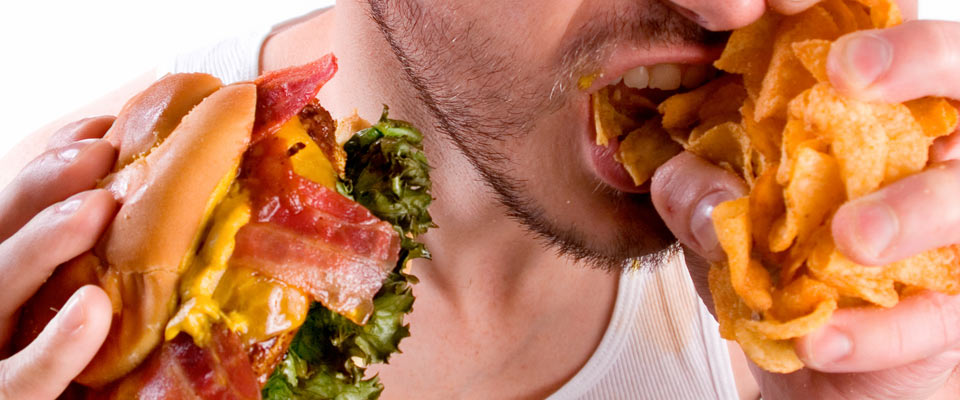If our millennials and post-millennials are asked about their favorite and the most happening place of University or College. They would probably mention Cafeteria. A place where they can be served with Samosas, Spring rolls, Zinger Burgers and a variety of oil-riched food items. Well, it’s a sad reality then. The food industry is ruled and dominated by franchises, serving oil-riched stuff in canteens and restaurants, including burgers and fries from food chains all over the World. We are living in an era of Fast Food and Our millennials and post-millennials are the one, effected most.
Although there is a variety of healthier fast food options, most fast food items are still classified as junk food. Eating a poor quality diet high in junk food is linked to a higher risk of obesity, depression, digestive issues, heart disease, heart stroke, Type 2 diabetes, cancer, and early death.
Junk food or Fast food is the food served commercially which takes only a few minutes to prepare. It is the food having less nutritional value and a high percentage of fat, sugar, salt, and calories. These foods are easily affordable and one can eat them anytime of the day or at anyplace including grounds, offices, classrooms, and public places. But in an attempt to meet taste requirements at a low price, several nutritional compromises are made. These can be considered either healthy or junk food depending on their ingredients and preparation methods. Usually, these junk foods do not cast any health issues and are generally sound when added into a balanced diet. But relying only upon fast food while excluding other variety of crucial food items, leads to serious health problems
Fast food is high in sodium, saturated fat, trans fat, and cholesterol, it isn’t something you should eat often. Eating too much over a long period of time can lead to serious health concerns. Always remember that with fast food, moderation is important.
Fast food also falls into the category of snack food. Popular snack foods are usually commercially prepared and packed, like chips, cookies, and cakes. These snack foods add so much to daily calorie count and are also readily available at restaurants. They can also promote overeating as they are low in fiber, high in palatability and having a high density of calories as they offer a large number of calories in small volumes.
Many fast food items are rich in a variety of chemical additives, used to preserve and enhance the products to ensure uniformity and taste. It can also cause health risks.
The fat used by fast-food restaurants is not healthy, instead, it causes serious harm to health. It is not accepted by the metabolism of the body, causing an increase in blood cholesterol levels and fat percentage of a body. Most restaurants reuse the same oil and heat it, again and again, thereby creating several harmful chemical changes in the oil, which results in the form of serious health risks.
Substance abuse can’t be linked to drugs and alcohol, only. Eating excessive fast food is a substance abuse too. Think about it, before its too late.






















Leave a Reply